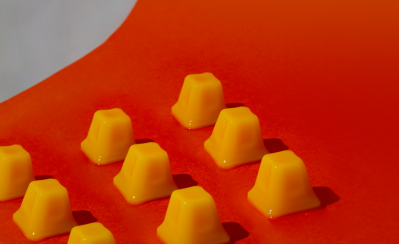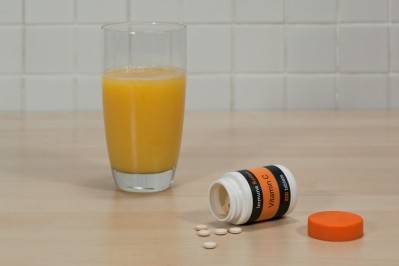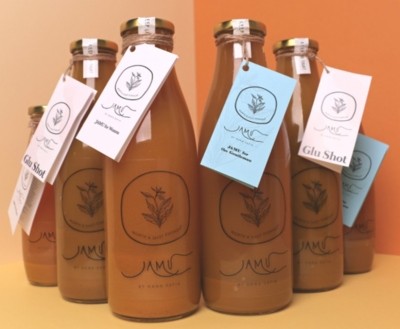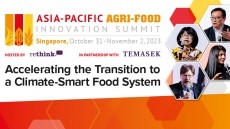Atomic anti-diabetes innovation: Functional food made from banaba leaf and bitter melon extracts to launch in Korea
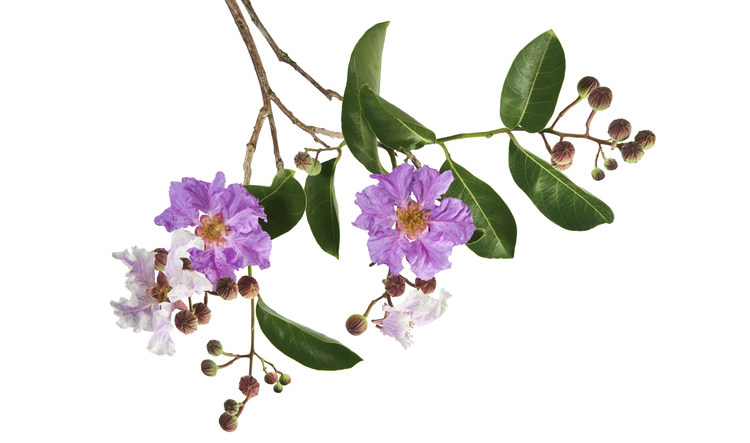
Developed by the Korea Atomic Energy Research Institute (KAERI), the formula has shown improvement in glycated haemoglobin index in a mouse model.
A clinical trial using the formula has been planned and the researchers are currently in contact with a contract research organisation for carrying out the clinical trial.
To facilitate further research, KAERI and Apimeds – the bio business arm of the KOSPI-listed company Inscobee – has jointly established a research company known as InsGen INC.
InsGen INC. will also conduct research on anti-cancer health functional foods and medicines developed by KAERI.
“Diabetes and cancers are two diseases affecting many human beings and are known as the diseases with the highest mortality rate.
“Despite the high market demand for products addressing these two diseases, there is still a lack of proper health functional foods, while anticancer drugs could also cause serious side effects. This is the biggest reason for establishing the research company,” Dr Il-Lae Jung, principal researcher at KAERI, who also developed the anti-diabetic health functional food, told NutraIngredients-Asia.
“In a mouse model using the anti-diabetic functional foods, there were some excellent anti-diabetic effects seen. The glycated haemoglobin index had also improved,” he said, when asked about the existing scientific evidence for the formula.
The product is expected to be launched before March next year.
This is not the first time that KAERI has developed a health functional food.
For instance, HemoHim, a supplement marketed by direct-selling firm Atomy, was developed by KAERI as an immunomodulating formula.
Immune-improving formula
On the other hand, Dr Jung revealed that he has been working on an anti-cancer drug which he planned to launch as an immune-improving health functional food first.
“In the anti-cancer formula developed by me, it showed a dramatic anti-tumour effect of more than 95 per cent just by daily oral administration for just two weeks in a mouse model,” he said. The primary findings were published on Plos One and also on Oncology Letters.
“This is a technology that is differentiated from the existing anticancer drugs for direct injection on blood vessel and animal toxicity was not observed at all,” he added.
The formula contains moringa leaf extract as one of the ingredients and he hopes to launch it in the second half of next year.
The final goal, however, is to launch it as an anti-cancer drug and the process is expected to take a longer amount of time.
